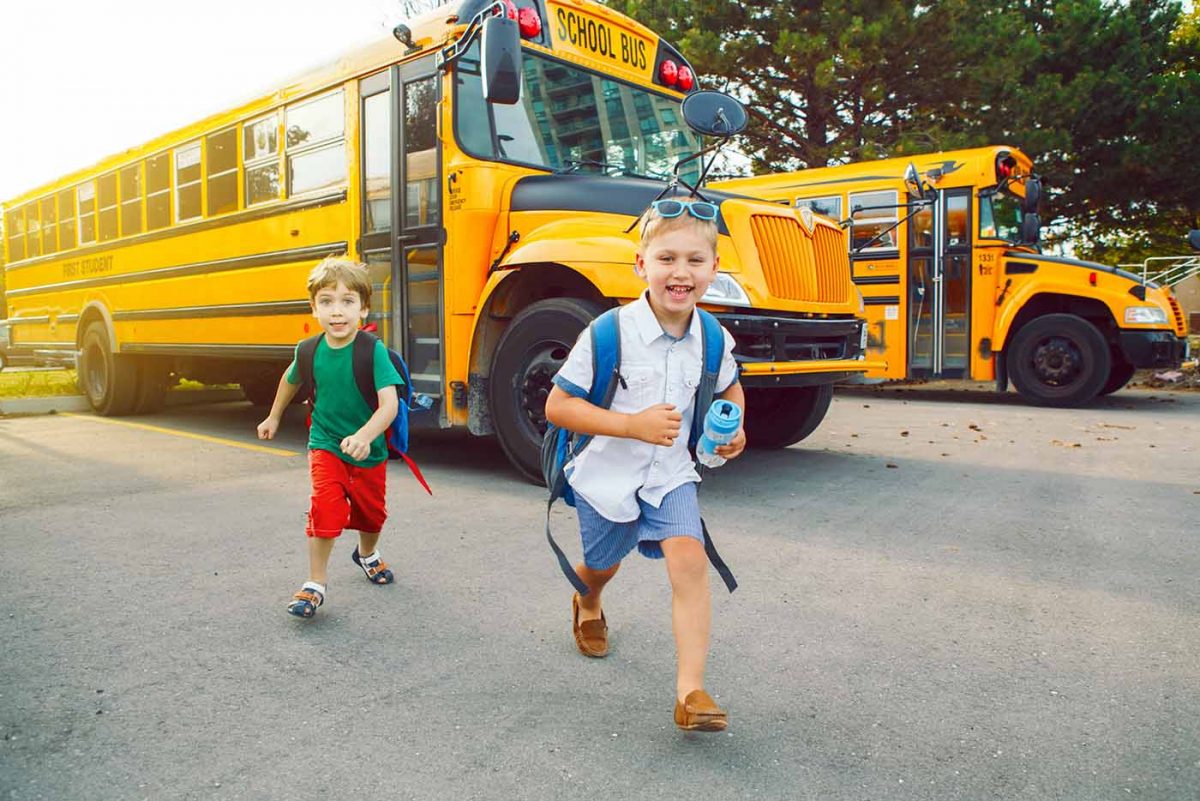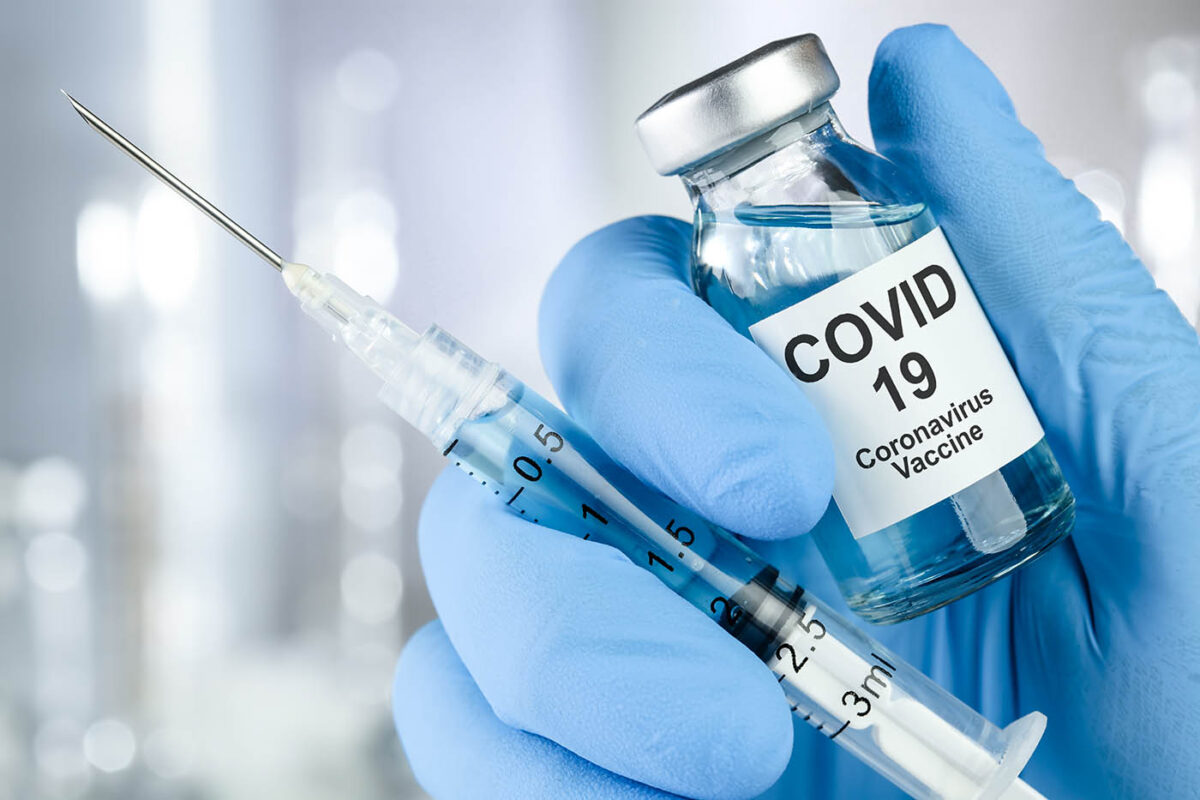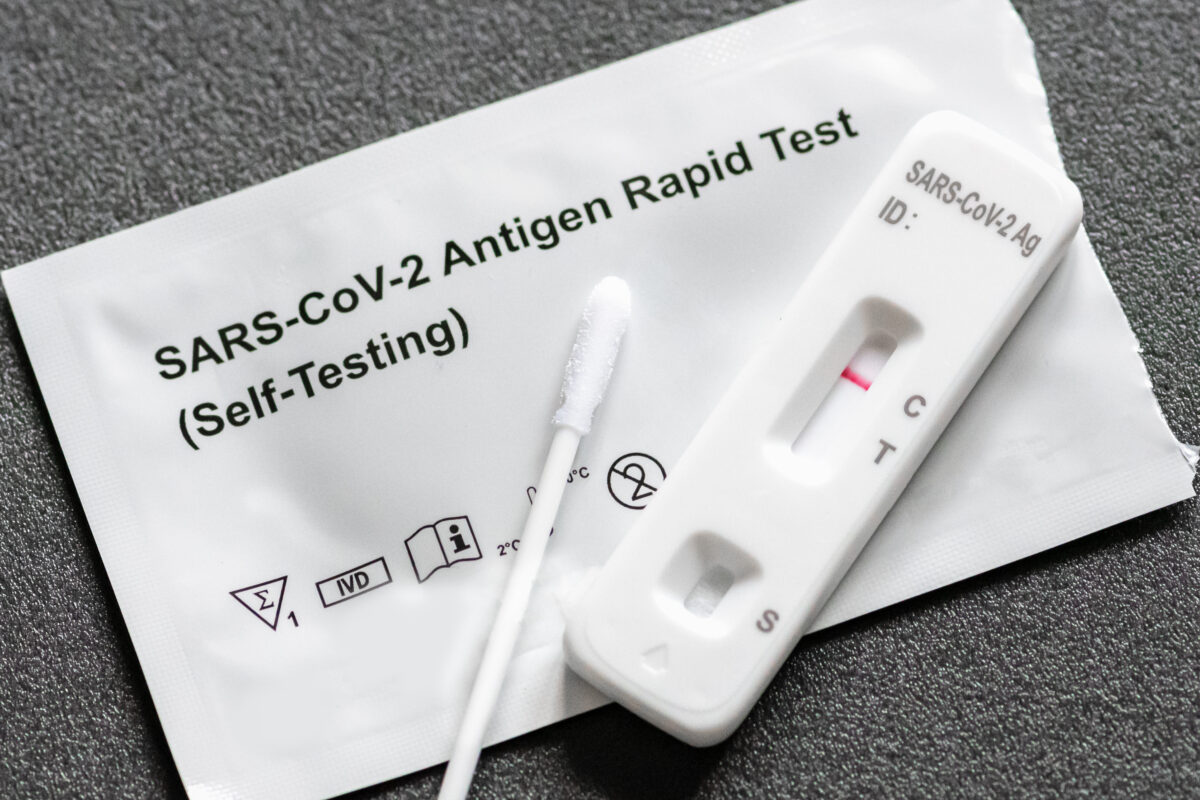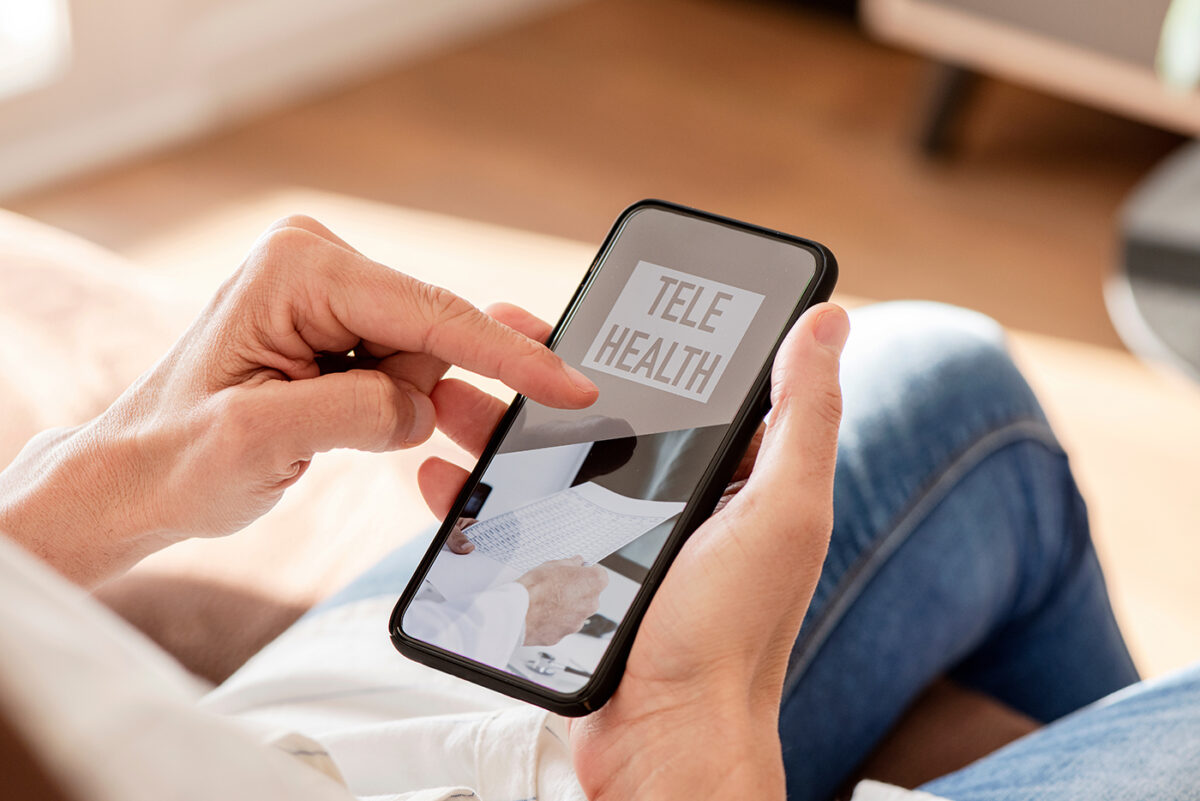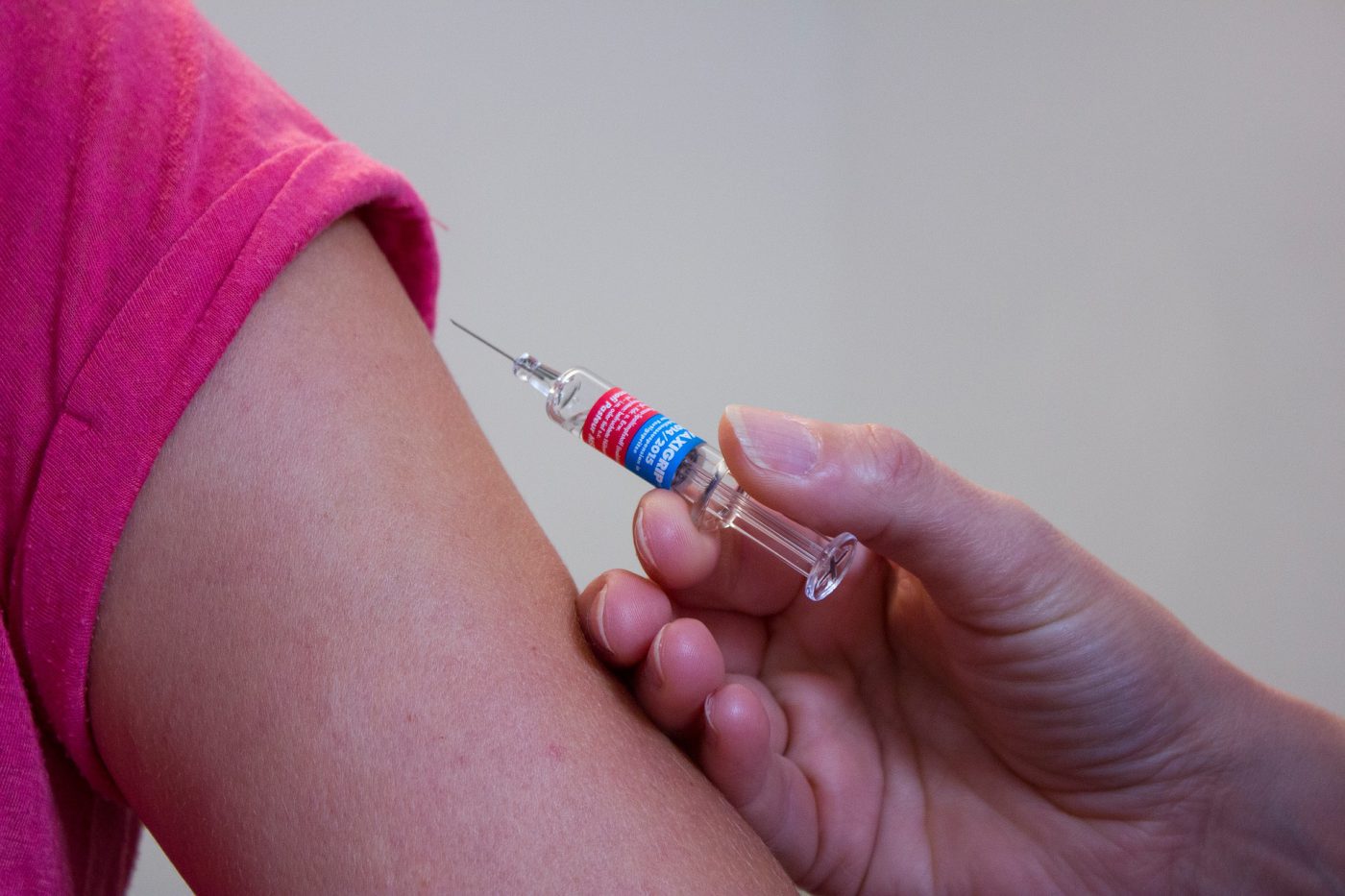
People who are fully vaccinated against COVID-19 may begin safely resuming some of their pre-pandemic activities, such as visiting with grandchildren or gathering indoors with other fully vaccinated people, according to new guidance released by the Centers for Disease Control and Prevention (CDC).
The CDC released the guidance on Monday, March 8, the same day Gov. Asa Hutchinson announced the state would open vaccine eligibility to all groups included in Phase 1-B of the state’s vaccination plan.
As defined in the guidance, a person is considered fully vaccinated two weeks after receiving the second dose in a two-dose series (e.g., the Pfizer or Moderna vaccines) or two weeks after receiving a single-dose vaccine (e.g., Johnson & Johnson’s Janssen vaccine).
Based on the new guidance, individuals who are fully vaccinated can:
- Gather indoors with other fully vaccinated people without wearing a mask.
- Gather indoors with unvaccinated people from one other household without masks, unless any of those people or anyone they live with is at increased risk for severe illness from COVID-19.
- Forgo quarantining or receiving a COVID-19 test after being around someone who has COVID-19, unless symptomatic.
However, people residing in group or congregate settings who are around someone with COVID-19 should still quarantine for 14 days and get tested, even without symptoms.
The guidance also outlines guidelines and recommendations that still apply to fully vaccinated people, including:
- Wearing a mask, social distancing, and avoiding crowds and poorly ventilated spaces when in public, when gathering with unvaccinated people from more than one other household, or when visiting with an unvaccinated person who is at increased risk of severe illness or death from COVID-19 or who lives with a person at increased risk.
- Avoiding medium- or large-sized gatherings.
- Delaying domestic and international travel.
- Continuing to watch out for COVID-19 symptoms, especially after being around someone who is sick. A person who is symptomatic should get tested and quarantine.
- Following any guidance at the workplace.
Two examples of interactions that would be advised and not advised based on the new guidance:
- Jane and John are both 75 years old, and each completed their final vaccine dose two weeks ago. Tomorrow, they want to visit their daughter and two young grandchildren who live in the same town. Neither their daughter, her husband, nor the grandchildren have been vaccinated, and none of them have risks for complications from COVID-19 such as diabetes, immune problems, or other chronic diseases. No one else will be at the house. They can safely make the visit tomorrow.
- Amy and David are both 85 years old, and each completed their final vaccine dose two weeks ago. They want to attend their grandson’s birthday party next week out of state. Among those present will be eight children from the neighborhood and some of the children’s parents. Their daughter is 65 and has diabetes, and her husband is undergoing chemotherapy for lung cancer. They should not go to the party because there will be people from other households, people who are not vaccinated, and people with high-risk conditions. Additionally, the CDC advises against travel at this time.
The updated guidance comes at an opportune time as more Americans become vaccinated and consider what activities or interactions may be safely resumed. It may also serve as an incentive for those who are undecided on whether to take the COVID-19 vaccine.
Gov. Hutchinson announced Monday that the state would move fully to Phase 1-B of its vaccination plan. Previously, Phase 1-B was only partially implemented, with eligibility limited to Arkansans 65 and older, education workers, and food manufacturing workers. Groups that became eligible Monday include:
- police, firefighters, and other first responders
- corrections workers
- food and agriculture workers
- people with intellectual or developmental disabilities
- essential government workers
- grocery store/meal delivery workers
- postal/package delivery service workers
- public transit workers
- workers at houses of worship
- manufacturing workers
Groups in Phase 1-A of the state’s vaccination plan, including healthcare workers and residents/staff of long-term care facilities, also remain eligible to receive a COVID-19 vaccine.



